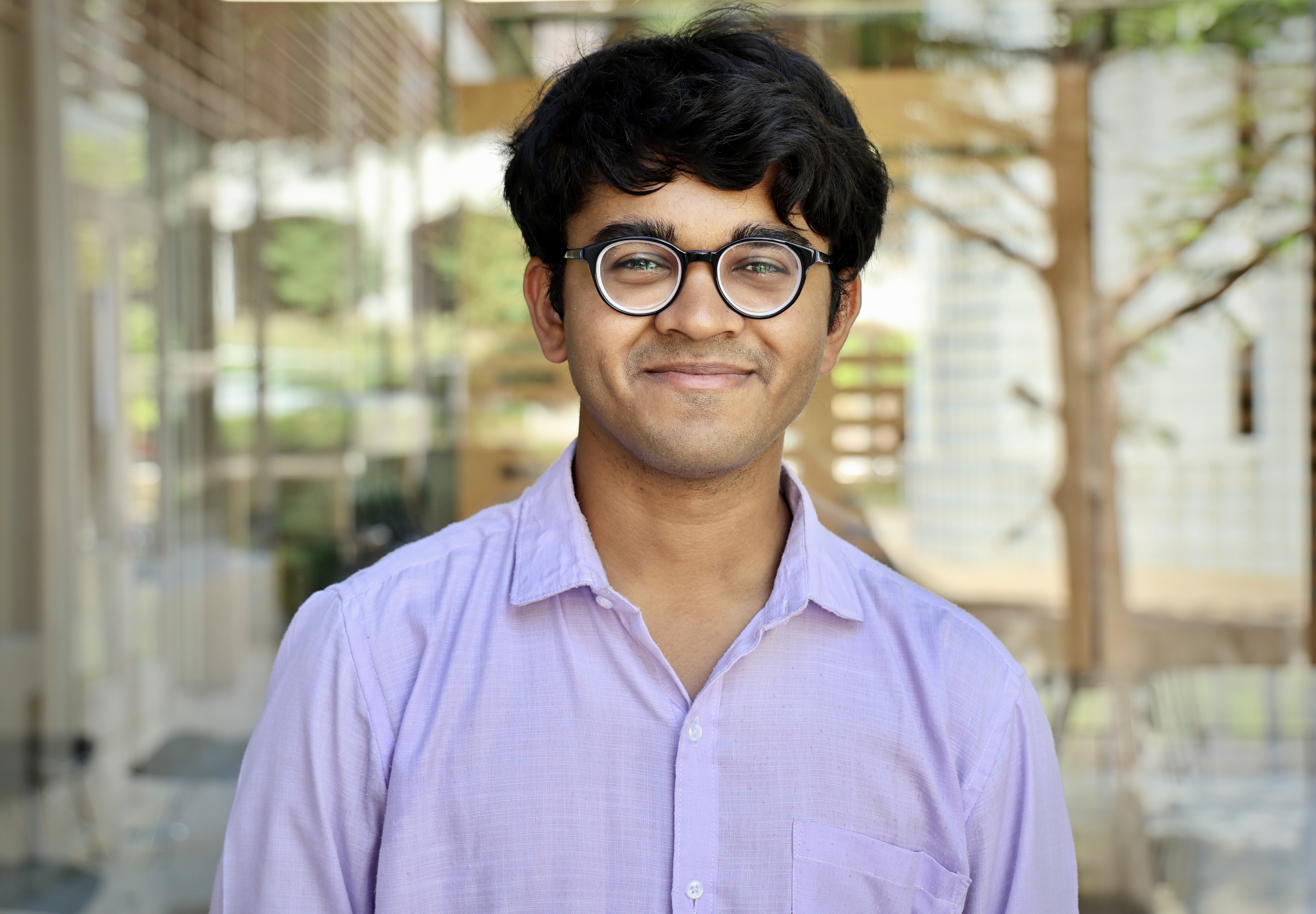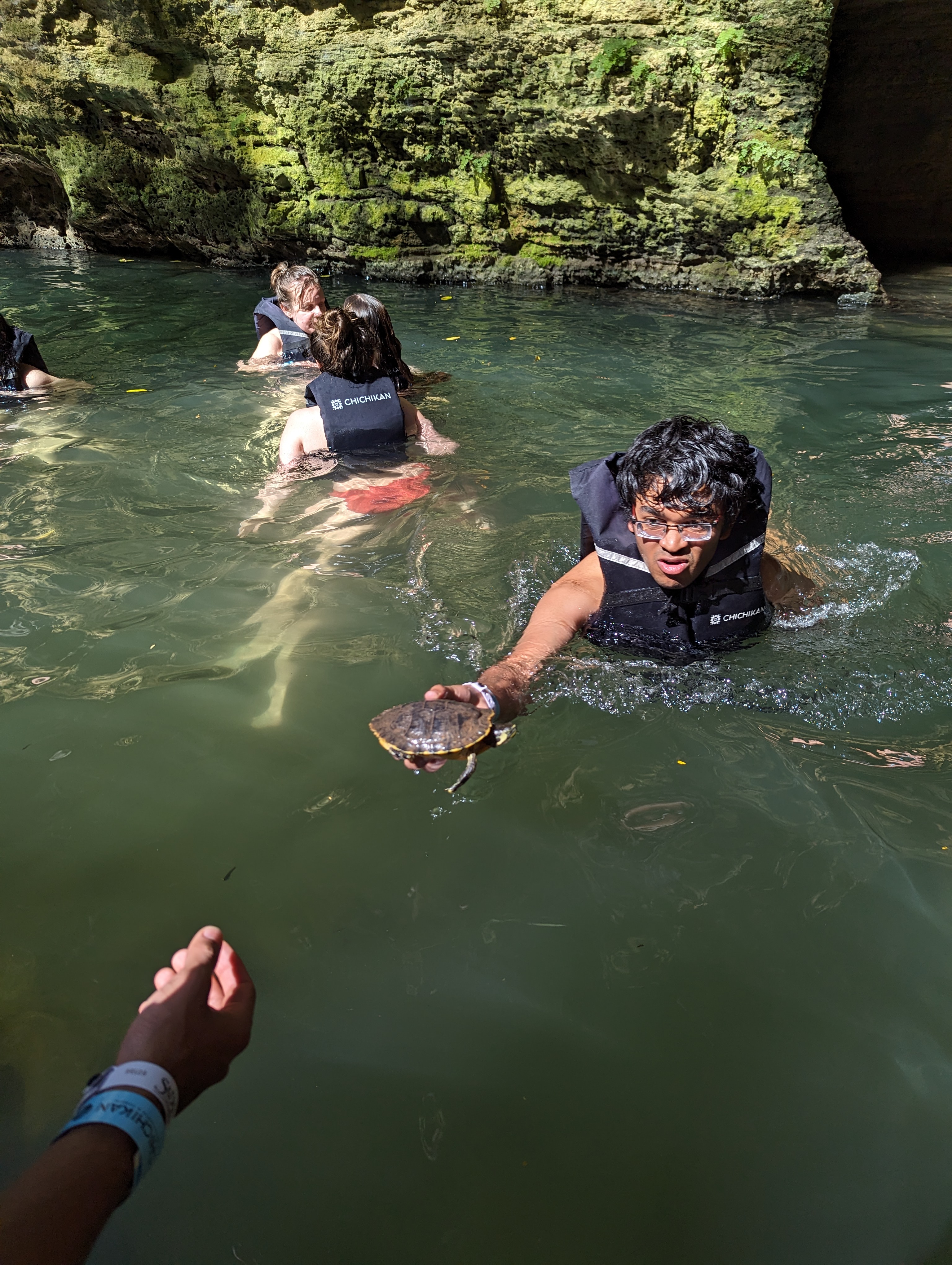Dhruv Apte’s research journey spans continents, fluid phases, and climate systems. A Peter O’Donnell, Jr. Postdoctoral Fellow at the Oden Institute for Computational Engineering and Sciences, Apte brings a multidisciplinary background in aerospace engineering, scientific machine learning, and earth system modeling.
He completed his Ph.D. at Virginia Tech, where his research focused on cloud cavitating flows, which are complex vapor-liquid interactions that occur in turbulent environments. By integrating machine learning into traditional turbulence models, Apte helped improve the simulation accuracy of these highly unsteady, multi-phase flows. His research included collaborations with the University of Melbourne in Australia and the Institut Pprime in France.
“That work focused on fractions of a second,” he explained. “But now I’m simulating 30 to 40 years into the future. The scale has changed dramatically.”


